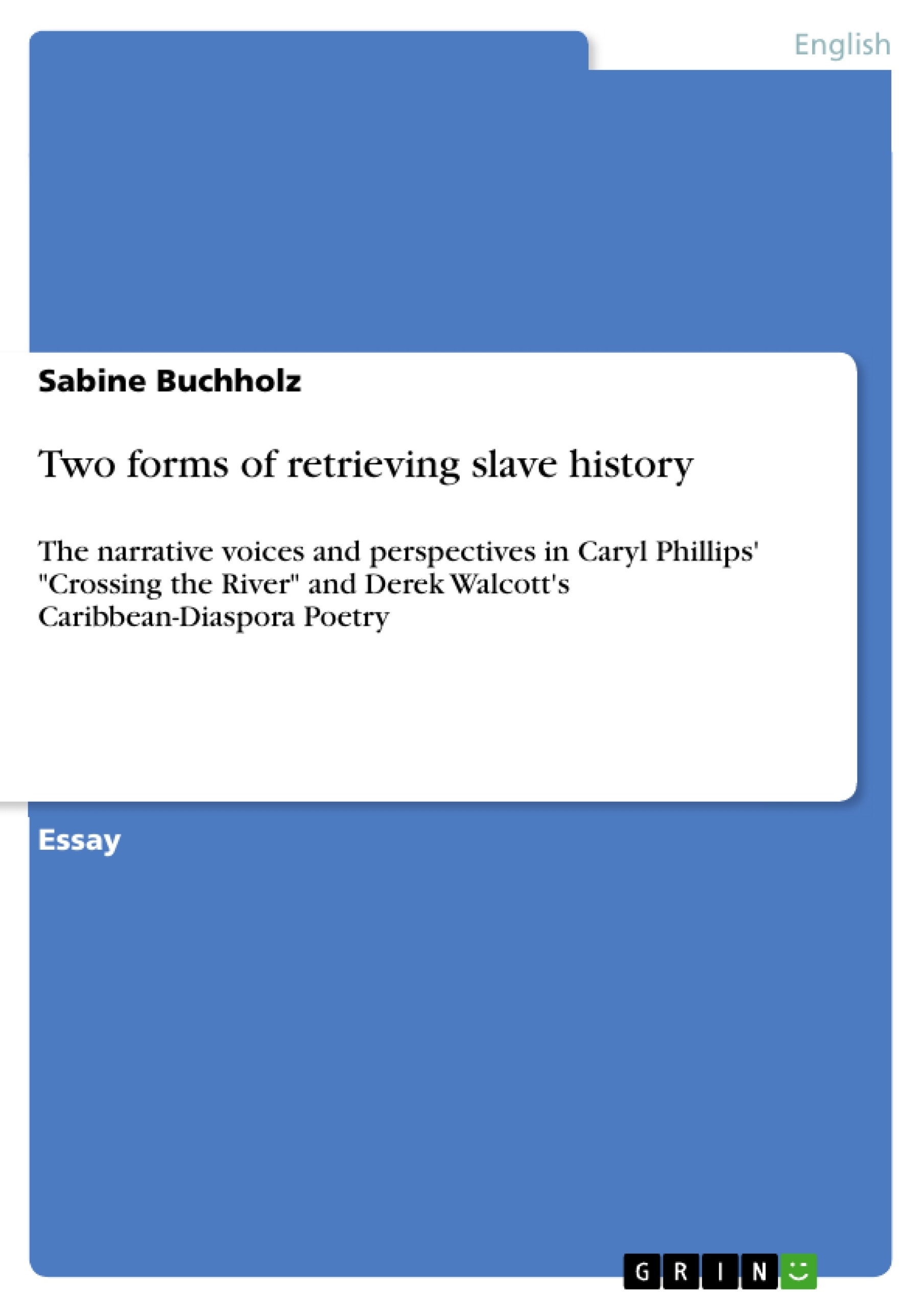Fictional literary forms are generally divided into three genres, namely poetry, prose and drama. All these stylistic ways of transforming thoughts into (written) language have their own distinctive hallmarks and can, thus, have very different effects on the reader/ the audience. Whereas prose narrations are usually read by a sole reader, drama is supposed to be performed on stage, and poetic texts live especially on their orality. There are, unquestionably, many more discrepancies between these three fictional archetypes; they take for instance advantage of dissimilar narrative voices.
This leads to the assumption that a literary writer must have certain reasons for choosing one of all possible forms of fiction; he, moreover, must aim at achieving a special effect on his audience employing a particular style with specific perspectives.
The diverse forms of literature often digest identical topics always dealing with them in a unique way, which gives literature an enormous variety. The same applies to one special kind of literature, which is in the centre stage of this essay: slave literature about the experience and history of the Black Diaspora.
Starting from these considerations, my intention is to analyse divergent works of two specific contemporary black diasporic writers, plus their special forms of employing narrative voices and perspectives in order to retrieve the history of slavery: Caryl Phillips postmodernist prose narrative Crossing the River and the Caribbean-diasporic poetry of Nobel Prize Winner Derek Walcott. How do the two of them use narrative devices in their disparate forms of art, prose and poetry? This is to be examined in the course of this essay.
Inhaltsverzeichnis (Table of Contents)
- Introduction
- The Poetic Form
- Derek Walcott's Caribbean-Diaspora Poetry
- Prose Narration
- Caryl Phillips' Voices and Perspectives in Crossing the River
- Conclusion
Zielsetzung und Themenschwerpunkte (Objectives and Key Themes)
This essay examines two contemporary Black diasporic writers and their unique uses of narrative voices and perspectives to reclaim the history of slavery. The essay analyzes Caryl Phillips' postmodernist prose narrative *Crossing the River* and the Caribbean-diasporic poetry of Derek Walcott, focusing on how these writers use narrative devices in their respective forms of art to explore the legacy of slavery.
- The relationship between poetic form and historical representation
- The exploration of Caribbean-diasporic identity through literature
- The impact of slavery on individual and collective experiences
- The role of narrative voice and perspective in shaping historical understanding
- The interplay of European and Caribbean cultures in the work of these authors
Zusammenfassung der Kapitel (Chapter Summaries)
The Introduction explores the diverse ways in which literature, particularly poetry, prose, and drama, can transform thoughts into written language, noting the distinctive features and effects of each genre. It highlights how literary writers choose specific forms to achieve particular effects on their audience, emphasizing the unique perspectives and narrative voices each genre offers.
The chapter on "The Poetic Form" discusses the key characteristics of poetry, including its rhythm, orality, conciseness, and ability to illuminate the world through figurative language and metaphors. It emphasizes the role of the lyrical "I" in mediating between author and audience, shaping the reader's perception of the poetic view.
The chapter on "Derek Walcott's Caribbean-Diaspora Poetry" delves into the poet's complex background and how his mixed heritage influenced his writing. It explores Walcott's use of multiple perspectives, blending Caribbean and European history, and his exploration of self-identity in the context of his Caribbean heritage. The chapter examines key poems, such as "A Far Cry from Africa" and "Crocodile," to illustrate the themes of self-division and cultural multiplicity.
The chapter on "Caryl Phillips' Voices and Perspectives in Crossing the River" will likely explore the novel's narrative structure and its use of multiple voices to tell the story of slavery and its lasting impact. The chapter will likely focus on how Phillips' narrative choices illuminate the complexities of historical experience and the different perspectives on slavery.
Schlüsselwörter (Keywords)
This essay focuses on the themes of slave history, Black diaspora, Caribbean identity, narrative voice, perspective, poetic form, prose narration, postmodernism, and the literary works of Derek Walcott and Caryl Phillips.
Frequently Asked Questions
What is the main focus of this essay?
The essay analyzes how contemporary Black diasporic writers use different literary forms (prose and poetry) to retrieve and represent the history of slavery.
Which authors are compared in the study?
The essay focuses on Caryl Phillips and his prose narrative "Crossing the River", and Nobel Prize winner Derek Walcott and his Caribbean poetry.
How does the poetic form help represent history?
Poetry uses rhythm, orality, and metaphors to illuminate historical experiences through a lyrical "I", mediating between author and audience in a concise way.
What is unique about Caryl Phillips' narrative style?
In "Crossing the River", Phillips uses multiple postmodernist voices and perspectives to illuminate the complex and lasting impact of the Black Diaspora.
How does Derek Walcott's heritage influence his work?
Walcott's mixed heritage leads to a cultural multiplicity in his poems, blending European and Caribbean history to explore self-identity and division.
- Arbeit zitieren
- Sabine Buchholz (Autor:in), 2005, Two forms of retrieving slave history, München, GRIN Verlag, https://www.grin.com/document/82619



